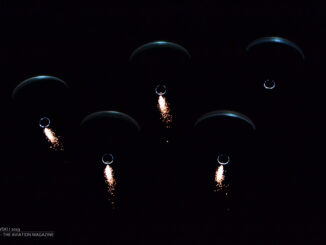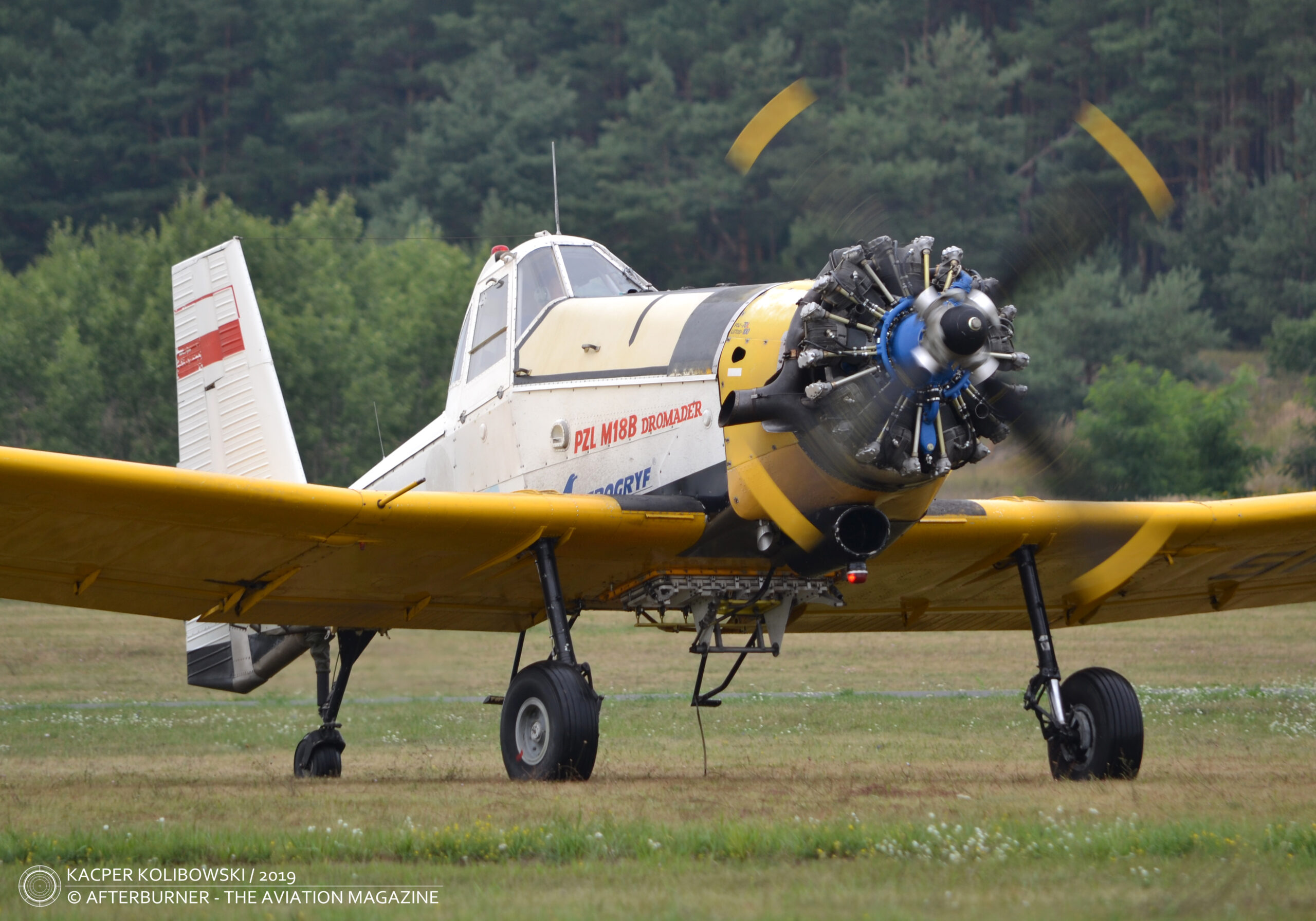 On 23rd November 2022, the European Space Agency – for the first time in thirteen years – selected a group of new candidates for astronauts. Their names were announced at the conclusion of the two-day ESA Council at Ministerial level, held at the Grand Palais Éphémère in Paris, France.
On 23rd November 2022, the European Space Agency – for the first time in thirteen years – selected a group of new candidates for astronauts. Their names were announced at the conclusion of the two-day ESA Council at Ministerial level, held at the Grand Palais Éphémère in Paris, France.
Seventeen members of the 2022 ESA astronaut class, chosen from over 22,500 candidates from the agency’s Member States, were officially presented by ESA Director General Josef Aschenbacher. Five of them will be awarded career astronaut contracts and join European Astronaut Corps. Remarkably for human spaceflight, one candidate with physical disability was also selected and thus became member of the Parastronaut Feasibility Study. The following eleven chosen ones, represent the new ESA Astronaut Reserve. And among them there is one Polish scientist, Sławosz Uznański.
The newly elected members of the European Astronaut Corps are guaranteed flights to the International Space Station within future scientific expeditions. Possibly, they may even be given the opportunity to fly to the Moon as part of NASA Artemis programme, realised in cooperation with ESA. However, members of the ESA Astronaut Reserve, including Sławosz Uznański, may join them at any time when needed.
And now, let’s tell a little bit more about the man who is facing the chance to be the second Polish person in history to fly into space.
Sławosz Uznański was born on 12th April 1984 in Łódź, Poland. In 2008, he graduated with honours from the Technical University of Łódź with a Master of Engineering degree. Later that year, he also obtained another master’s degree in engineering from the University of Nantes, followed by an engineering diploma from the Technical University of Nantes, France.
From 2008 to 2011, Uznański was a radiation effects engineer at STMicroelectronics, a company developing new European digital CMOS technologies for aerospace applications.
In 2011, Sławosz Uznański obtained his doctorate with honours in radiation-tolerant designs for space applications at the French University of Aix-Marseille. During his doctoral studies, Uznański worked as reliability expert at the European Organisation for Nuclear Research (CERN) in Geneva, Switzerland. Within the framework of his responsibilities there was, among others, conducting radiation test campaigns in the European Space Agency’s test facilities for the qualification of electronic components and systems for space industry and particle accelerator.
In 2013, Uznański was promoted senior reliability engineer at CERN and was made project lead responsible for development of radiation-tolerant power converter control system, which from 2017 became a core part of the famed Large Hadron Collider (LHC).
Between 2018 and 2020, Sławosz Uznański was Engineer in Charge of the LHC. He was responsible for operations of CERN’s largest particle accelerator ensuring its optimal use.

In the meantime, in 2019, the Polish scientist was also technical expert and reviewer of European space technologies for the Research Executive Agency at the European Commission in Brussels, Belgium as part of European Union’s Horizon 2020 programme, concerning European independence and competitiveness in space sector.
Sławosz Uznański is also the author of a book on radiation in electronic systems and co-author of more than fifty publications in scientific journals and thematic conferences.
The Polish engineer had always been interested in things related to space industry and technologies. In 2014 and 2021, he gave lectures on space system designs at the International School on the Effects of Radiation on Embedded Systems for Space Applications. Uznański had also lectured on this topic at joint CERN and NASA workshops and for the private sector. Since 2014, he had also been involved in reviewing commercial satellites such as Finnish ICEYE constellation and Polish PW-SAT2, HyperSat and EagleEye satellites.
In March of 2021, Sławosz Uznański was one of 549 people from Poland to take part in the recruitment process for the ESA European Astronaut Corps. Then, he entered a year-and-a-half-long elimination process, in which he competed against 22,500 other candidates from European Space Agency member and cooperating countries.
Apart from medical examinations and interviews, Uznański, together with other candidates for European astronauts, underwent various tests and trials including knowledge tests related to space and space technologies, intelligence test, or calculating prowess check. He was tested on his ability to solve complex and unusual problems under time pressure, as well on his mental strength and capability to perform effectively in stressful situations.
In addition to the fact that the Polish scientist did very well during the selection process, his professional experience was significant in selecting him as ESA Reserve Astronaut. Being able to work with such a sophisticated piece of machinery as the Large Hadron Collider and being familiar with its construction is a plus when it comes to eventual assignment for work on the International Space Station.
As is the fact that Sławosz Uznański knows how to make scientific research and he is the specialist in radiation-resistant electronics, such as those used in space. Uznański enjoys spending his free timewalking and climbing mountains, visiting remote locations, and sailing. These activities have undoubtedly helped him to practice adequate level of resilience to function in difficult conditions and cope with stress.
‘This is certainly one of the most important days in my life, but it is also a special moment for Polish science and Polish participation in space exploration – an appreciation of our achievements and an emphasis on our potential. As a Pole, I am proud that I will represent our country in the implementation of the joint European space programme. Our participation in it is already significant. I am convinced that it will be significantly greater.’ – said Sławosz Uznański after joining the ranks of European Space Agency astronauts.
The selection of Sławosz Uznański as a reserve astronaut among a group of only seventeen within the 2022 ESA Astronaut Class is a major success, as it makes him the second Polish spaceman in history. The first one was General Mirosław Hermaszewski, who to this day remains the only Pole who have flown into space.
Will Sławosz Uznański be the second one? President of Polish Space Agency POLSA, professor Grzegorz Wrochna, during an online press conference declared that the agency would make every effort to make it happen. We can only wait, keep our fingers crossed and hope that this is what really happens in the nearest future.
Information from press releases of Polish Space Agency POLSA were used. Photos by Tomek Gola, all photos and quotations © Polish Space Agency POLSA.



